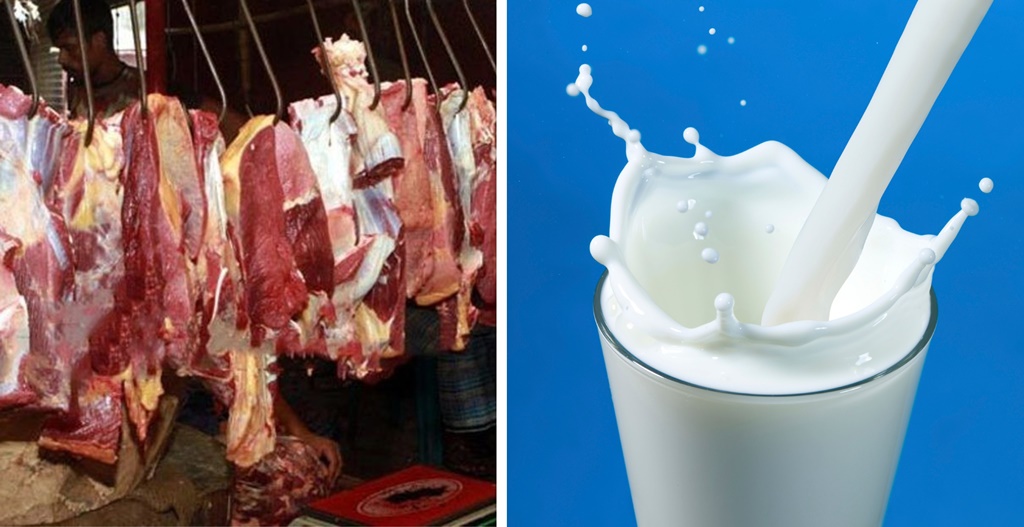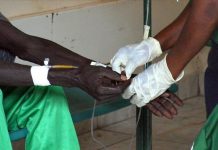AfricaPress-Tanzania: THE government has expressed concern over limited meat consumption among the general public, warning of nutritional and diet imbalances among the key population.
According to experts, improvement in diet depends on a knowledgeable selection of foods that complement one another in the nutrients that are obtained from each item.
It is, however, difficult in many regions to obtain such variety. Meat can complement most diets, especially those dependent on a limited selection of plant foods.
Speaking during a livestock parade at the ongoing Nanenane exhibition in Nzuguni grounds, Dodoma region, Permanent Secretary in the Ministry of Livestock Development, Prof. Elisante Ole Gabriel said figures in Tanzania indicate that people consume only 15 per cent of produced meat in the country.
This is against the World Health Organization (WHO) figures that suggest at least 50 per cent of annual consumption. In 2017/18, the public consumption of meat was pegged at 10 per cent annually.
“There has been an improvement, but as a nation, we’re still very far from the reasonable standards,” said, Prof Gabriel.
The PS said figures have further shown that intake of milk has jumped from 54 litres in 2018/19 to 200 litres in 2019/20.
“The ministry is working with other stakeholders to improve the consumption of meat and intake of milk annually. We want people to take more of these products,” he said.
The government said it is considering implementing comprehensive strategies that will increase the production of quality meat and milk to spark demands.
The plan, however, could increase the contribution of the sector in developing the country’s economy.
Apparently, the livestock sector accounted for 14bn/- in 2015/16, but due to government’s efforts, it has generated 44.5bn/- in 2019/20 budget.
This is an equivalent to over 200 per cent increment. Official reports point that livestock has also increased to 33 million cows, 23 million goats, 6 million sheep, 83 million chicken, and four billion broilers.
According to surveys, there are 800 billion chicken eggs.
Bahi Districts Commissioner, Mwanahamisi Munkunda said appropriate supervision and investment in the livestock sector will help the country earn more domestic and foreign currencies.
She said learning from the Nanenane exhibition, livestock rearing has changed people’s lives in the country, and therefore it cannot be underestimated.







